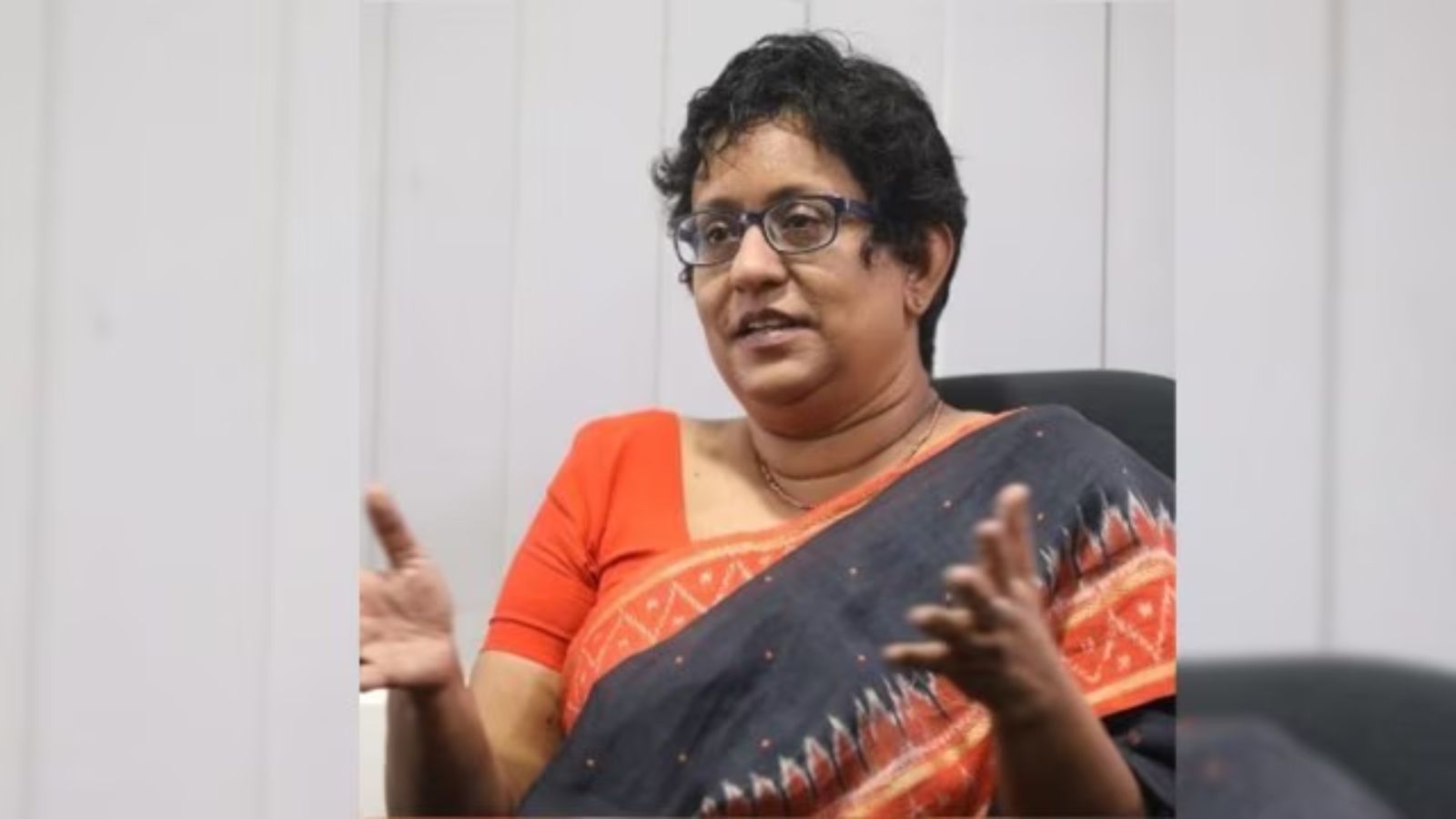Mandate for Harmony: A New Political Landscape in Sri Lanka (GS Paper 2, IR)

Introduction
- The recent political shifts in Sri Lanka, marked by the victory of Anura Kumara Dissanayake and his National People’s Power (NPP) coalition in the general election, signal a significant change in the country’s ethnic and political landscape.
- Dissanayake’s earlier presidential victory in September, which was propelled by the Janatha Vimukthi Peramuna (JVP), was a sign of growing discontent with the traditional political establishment.
- However, the more resounding validation of his Marxist-Leninist coalition in the general elections marks a decisive step in reconfiguring Sri Lanka's ethnic equations and political dynamics.
Uniqueness of Recent Election Results
- One of the most remarkable aspects of the recent elections is the shift in ethnic voting patterns.
- For the first time in Sri Lanka’s history, areas traditionally dominated by Tamil communities — such as Jaffna and Vanni, epicenters of the country’s 26-year-long civil conflict — voted overwhelmingly for the JVP, a party historically associated with the Sinhala-Buddhist majority.
- This marks a fundamental change in how ethnic groups view political representation in Sri Lanka.
- Additionally, the NPP’s reach extended beyond the traditional Tamil areas.
- The coalition gained significant support in regions with Tamil plantation workers and Muslim-majority areas in the east.
- The party’s platform, emphasizing ethnic and economic equality, resonated across these diverse groups, enabling it to secure a two-thirds majority in parliament.
- This victory signals a shift towards a more inclusive political system, where the ethnic divide that has plagued the nation for decades may be bridged by a broader agenda focused on economic and social justice.
India-Sri Lanka Relations: Optimism for the Future
Election Results and Pragmatic Diplomacy:
- The results in Sri Lanka bring optimism for regional stability, particularly for India, which has long had a strategic interest in the country.
- A stable government in Sri Lanka is seen as crucial for both economic cooperation and security in the Indian Ocean region.
- New Delhi's diplomatic outreach to President Dissanayake in the lead-up to and following his presidential victory indicates a pragmatic approach to strengthening bilateral relations.
- External Affairs Minister S. Jaishankar’s visit to Sri Lanka last month further emphasizes India's desire to foster cooperation, aligning with Sri Lanka’s economic recovery while safeguarding India’s strategic interests.
The China Factor in Relations:
- Sri Lanka’s growing proximity to China — particularly the lease of the Hambantota Port and various Chinese investments — has been a source of concern for India.
- However, Dissanayake has expressed skepticism toward foreign investments.
- His party has also raised objections to specific projects like the Adani Group’s wind power venture in Sri Lanka, signaling a potential shift in foreign policy.
- This attitude could result in renegotiations of key agreements, which may have significant implications for both India and China’s influence in the region.
Positive Developments on Tamil Rights
- One of the areas where the Dissanayake-led government offers hope is the ongoing issue of Tamil rights.
- Sri Lanka’s Tamil minority has long sought greater autonomy and political representation.
- India, in particular, has been vocal about the need to implement the 13th Amendment of the Sri Lankan Constitution, which promises power devolution to Tamil-majority provinces.
- President Dissanayake’s endorsement of Tamil rights is an encouraging sign for India, which has long advocated for meaningful political empowerment of Tamils in Sri Lanka.
- This development could help calm tensions between the Tamil minority and the Sinhalese majority, fostering a more inclusive national identity.
Challenges Ahead for President Dissanayake
- While Dissanayake’s landslide victory offers a glimmer of hope for Sri Lanka’s future, the challenges ahead remain significant.
- As an outsider to the country’s dynastic politics, Dissanayake represents a break from the traditional political elite, making his presidency a new chapter in Sri Lanka's political history.
- However, Sri Lanka’s economic situation remains precarious.
- Despite the $2.9 billion IMF bailout package, the country’s economic recovery is sluggish, with an estimated 25.9% of the population living below the poverty line in 2023.
- The World Bank forecasts only a 2.2% growth in Sri Lanka’s GDP for 2024, underlining the fragile state of the economy.
- During his campaign, Dissanayake promised economic and political reforms, including the abolition of the executive presidency and a renegotiation of the IMF bailout to ease the tax burden on citizens.
- While these reforms are crucial for long-term stability, their implementation will require deft political maneuvering and consensus-building.
- Additionally, Sri Lanka’s path to recovery will depend on addressing socio-economic inequalities and fostering ethnic harmony.
- The President’s ability to balance the demands of various communities, particularly Tamils, Muslims, and Sinhalese, will determine the success of his administration.
Conclusion: A Path Toward Recovery
- The recent electoral victories of President Dissanayake and his coalition mark a pivotal moment in Sri Lanka’s post-civil war journey.
- The two-thirds majority in parliament offers a strong mandate for reforms, and a stable government presents an opportunity for Sri Lanka to recover economically and restore political stability.
- For India, the current government’s more inclusive stance on Tamil rights and its skepticism toward Chinese influence offer positive prospects for bilateral relations.
- However, the challenges facing Sri Lanka — particularly the economy and the need for national reconciliation — remain daunting.
- President Dissanayake’s leadership will be closely watched as he navigates the complexities of ethnic tensions, economic recovery, and international diplomacy.
- For Sri Lanka, the road ahead is fraught with challenges, but with the right policies and leadership, the country could emerge from its crises stronger and more unified.
- For India, the evolving dynamics in Sri Lanka present both opportunities and challenges, as the region braces for the unfolding new cold war in the Indian Ocean.


